Key Takeaways
-
Cockroaches aren’t just gross—they pose real health and property risks.
-
Daytime roach sightings, droppings, musty smells, and egg casings signal a serious infestation.
-
Deep cleaning, moisture control, sealing entry points, and using strategic baiting can manage the issue initially.
-
Persistent or large infestations usually require professional pest control help.
-
Staying vigilant and keeping your home clean and dry is your best defence.
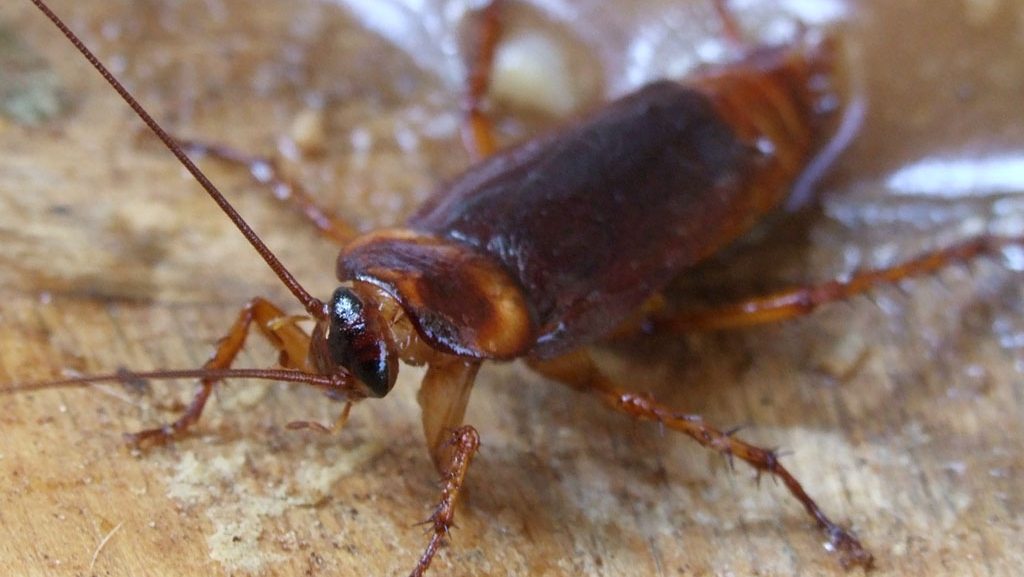 Do you know what’s worse than seeing a cockroach scurry across your kitchen floor late at night? Knowing it’s probably not alone. Let’s face it—cockroaches aren’t just gross; they’re stubborn survivors that can cause real trouble. From health risks to home damage, these creepy crawlies aren’t exactly ideal roommates. But here’s the thing: spotting the signs early gives you the upper hand. Ready to get ahead of the problem? Let’s walk through the clues you might be missing.
Do you know what’s worse than seeing a cockroach scurry across your kitchen floor late at night? Knowing it’s probably not alone. Let’s face it—cockroaches aren’t just gross; they’re stubborn survivors that can cause real trouble. From health risks to home damage, these creepy crawlies aren’t exactly ideal roommates. But here’s the thing: spotting the signs early gives you the upper hand. Ready to get ahead of the problem? Let’s walk through the clues you might be missing.
How Do You Know If You’ve Got a Cockroach Problem?
You might think, “I keep my house clean. How could this happen?” Well, roaches don’t discriminate—they’ll invite themselves into any home offering food, water, and shelter. And, honestly, they’re pretty sneaky about it.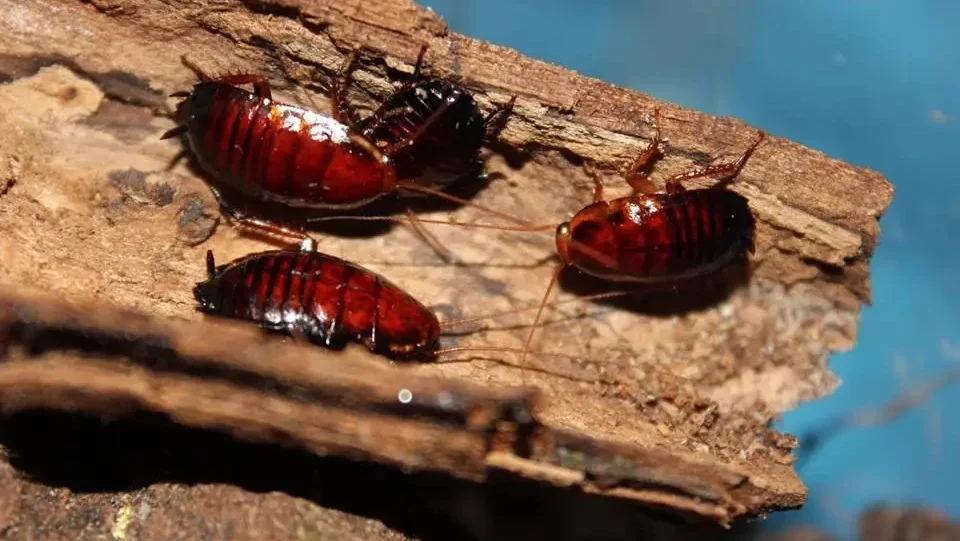

Not getting a solution?
Get your free pest control estimate today!Seeing Roaches in the Daytime (Red Flag!)
If you spot a cockroach casually strolling around in broad daylight, alarm bells should ring—loudly. Roaches hate being out in the open when the sun is up. Daytime appearances typically mean their cosy hiding spots have gotten overcrowded, pushing them out into the open.Common areas include:
-
Your kitchen countertops and cabinets
-
Bathrooms and laundry rooms (they adore moisture!)
-
Around pet food dishes and trash cans
What’s That Pepper-Like Stuff Everywhere?
Noticed something that looks like spilled coffee grounds or black pepper flakes in odd corners of your kitchen? Yep, that’s roach droppings. Gross, right? Smaller German roaches leave behind tiny specs, while bigger American roaches produce chunkier, pellet-shaped droppings.And if you’re seeing weird dark smudges along baseboards or walls, especially near moisture-rich areas, that’s roach grease trails. They might as well be graffiti tags screaming, “We’re here!”
Wait—What’s That Smell?
Here’s an unsettling thought: Roaches have their own special fragrance. It’s not pleasant—kind of musty, oily, and a bit stale. You might notice it lingering when you open cabinets or storage closets. If this peculiar smell hits your nose more often lately, it’s a pretty reliable sign you’ve got unwanted guests.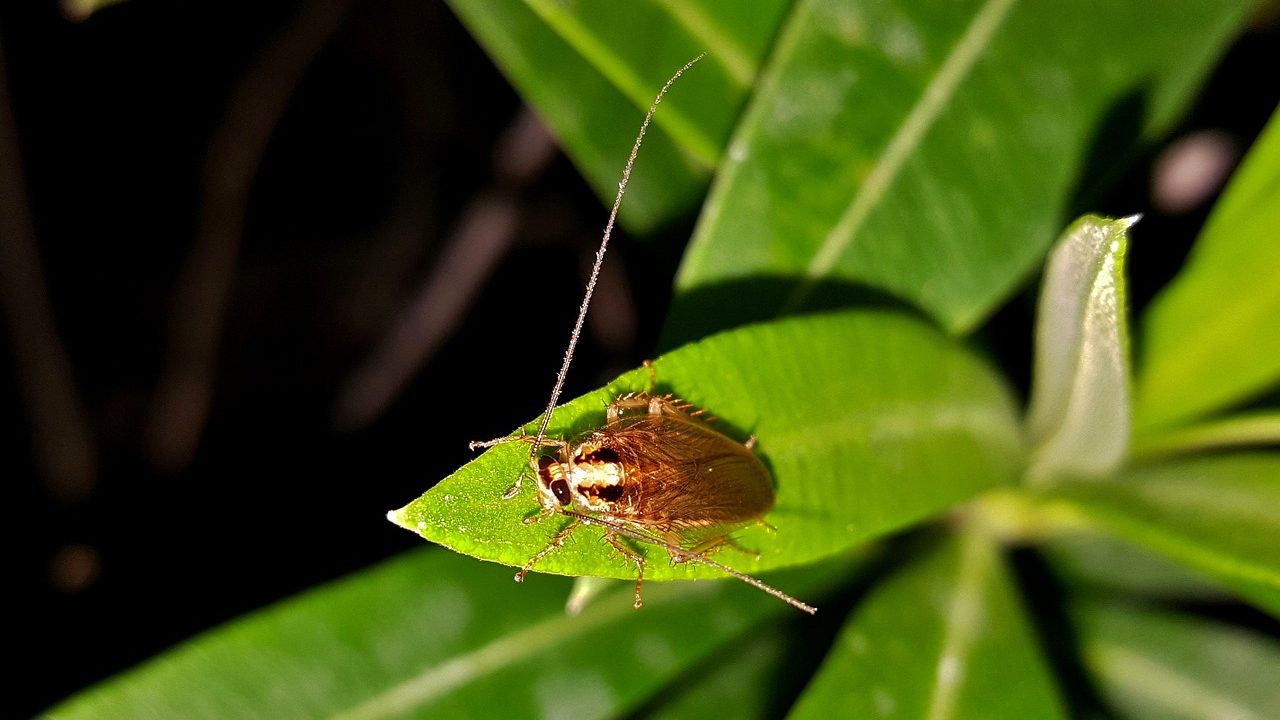
Those Strange Little Capsules You Keep Finding
Ever stumbled across odd, brown, capsule-shaped things that look vaguely alien? Congrats, you’ve discovered an ootheca (cockroach egg case). These tiny pods contain multiple eggs and roaches cleverly hide them away behind furniture, appliances, or tucked into dark kitchen corners.If you’re finding these, don’t ignore them. It means the roaches are actively multiplying—and they’re serious about staying.
Cockroach Skins—It’s as Creepy as it Sounds
As roaches grow, they shed their exoskeletons multiple times. These discarded skins—thin, translucent shells—often pop up in cupboards, corners, or near baseboards. Seeing these regularly? That’s no coincidence. The roaches are settling in.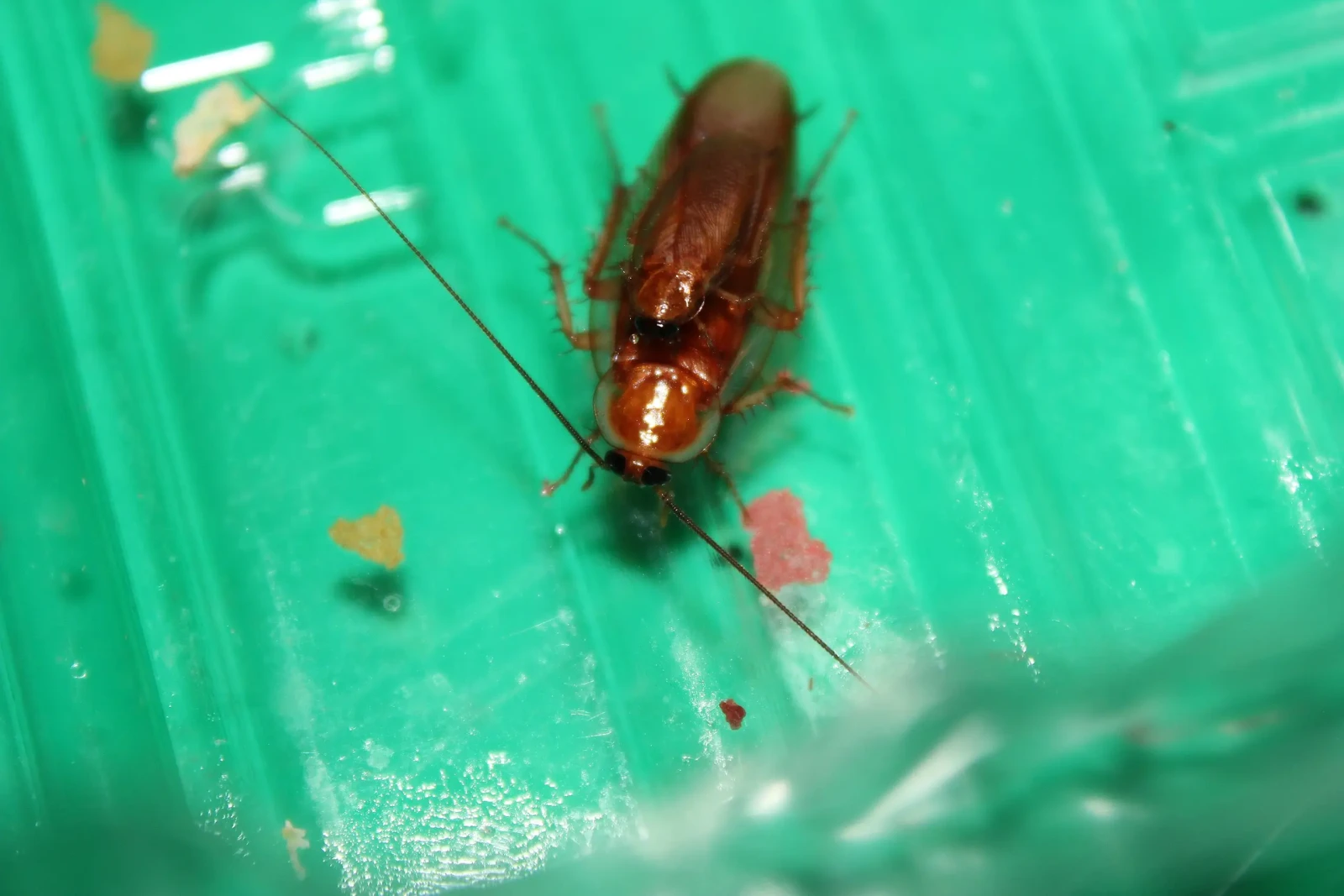
Food and Pantry Damage
Ever pulled out a cereal box only to find tiny chew marks at the corners or little trails of crumbs spilling out? Roaches aren’t picky eaters—they’ll chew right through paper, cardboard, and plastic packaging to reach your food. Not exactly a reassuring thought, is it?Why Are Roaches Targeting Your Home?
- Cockroaches aren’t out to personally annoy you—though it might feel that way sometimes. They’re opportunistic little survivors seeking three basics: food, water, and shelter.
-
Food: Late-night snacks left on counters, dishes soaking overnight, and open trash bins are all tempting to roaches.
-
Water: Dripping faucets, damp basements, and moist areas under sinks provide ideal water sources for roaches.
-
Shelter and Warmth: Roaches seek warm, dark, undisturbed places. Your cluttered basement, garage, or overflowing closets offer prime real estate for them.
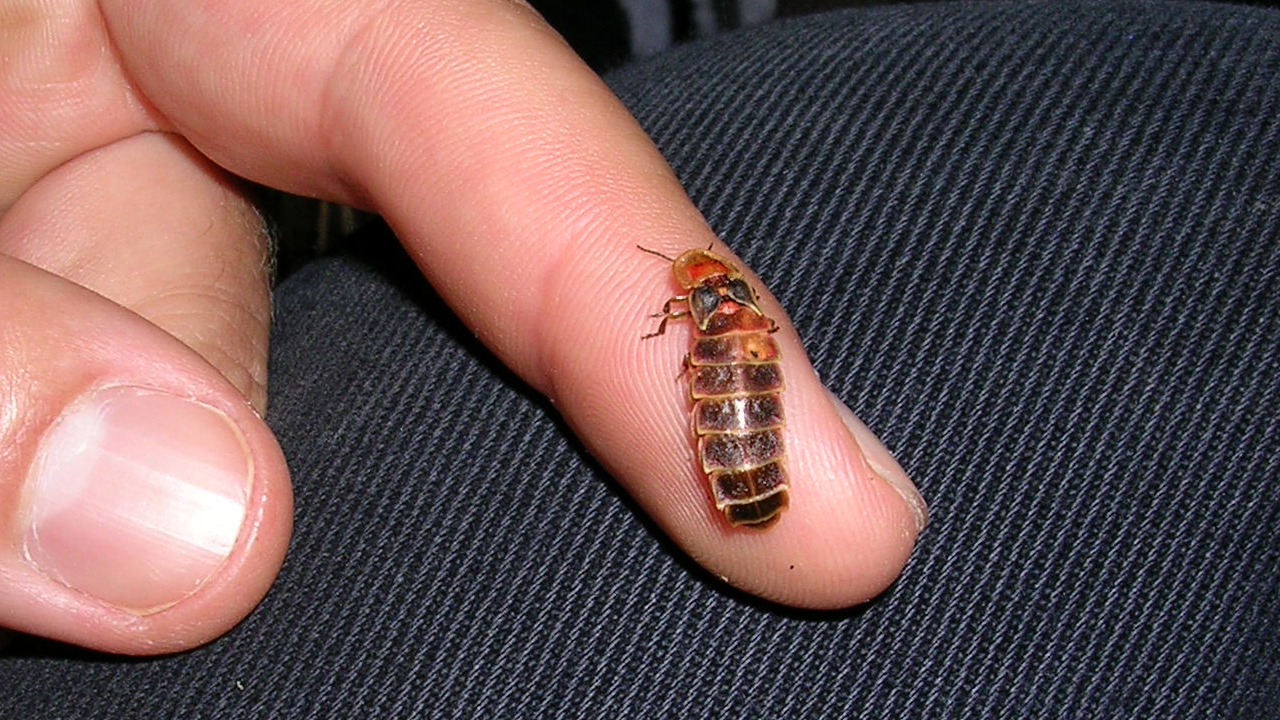
What’s the Real Harm of a Few Roaches, Anyway?
Sure, cockroaches are unsettling—but they’re also legitimately dangerous. If you think they’re harmless nuisances, think again. Here’s why:Health Risks That Aren’t Worth Ignoring
Cockroaches carry serious health risks, especially for kids, seniors, or anyone with asthma or allergies. Their droppings, saliva, and shed skins can trigger severe allergic reactions. Got asthma? Roaches can make your symptoms way worse.Even worse, these pests spread bacteria like Salmonella and E. coli, contaminating your kitchen surfaces and food—turning your home into a potential illness hotspot.
Property Damage That’s More Than Cosmetic
Cockroaches aren’t termites, but they still damage your belongings. They’ll chew through book bindings, wallpaper glue, cardboard boxes, and even fabric. And those droppings and smears? They leave permanent stains and odours, ruining furniture, carpets, and walls.You know what else? Roaches sometimes nest inside electronics or appliances (gross but true), potentially causing electrical issues or even creating fire hazards.
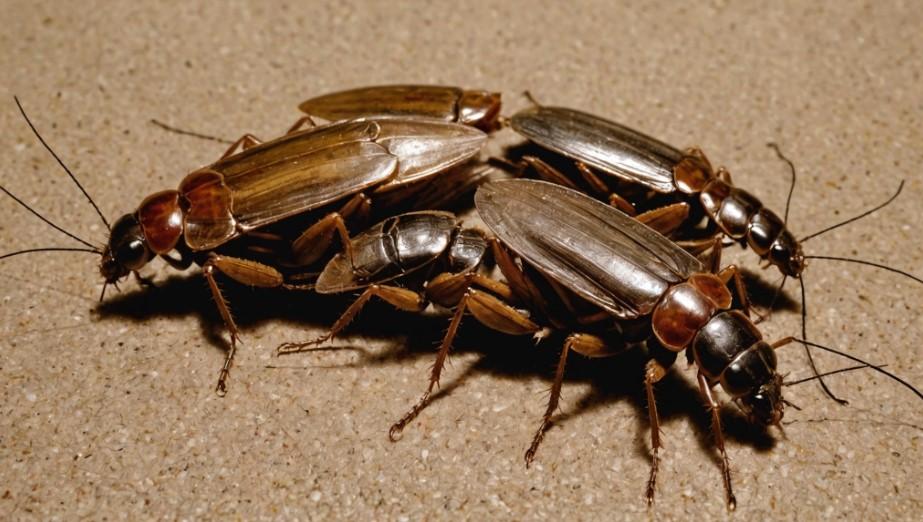
Found Cockroaches? Here’s What You Do—Right Now
Alright, you’ve spotted the signs. Now what? Take a deep breath; you’ve got this.Step 1: Roll Up Your Sleeves and Deep Clean
First things first, eliminate what roaches love most—easy food sources. Wipe down counters thoroughly, sweep up crumbs, vacuum frequently, and get rid of open food packages. Invest in airtight containers for pantry goods (your cereal boxes will thank you later).Step 2: Get Serious About Moisture Control
Roaches thrive in moisture-rich environments. Check your pipes for leaks and get them fixed ASAP. Dry out sinks, bathtubs, and showers. Honestly, a dry home is a roach’s worst nightmare.Step 3: Declutter and Seal Those Entry Points
Less clutter equals fewer hiding spots. Clear out unused boxes, newspapers, or junk piles in your garage or basement. Use caulking or weather stripping around doors, windows, and pipes—cockroaches can squeeze through shockingly small gaps.Step 4: Break Out the Baits and Traps
Strategically place glue traps under sinks, behind appliances, and along baseboards. Gel baits (Combat and Advion are good options) placed in cabinets or corners can also help eliminate hidden roach colonies effectively.But—and it’s a big but—avoid foggers or aerosol sprays. Honestly, they’ll scatter roaches deeper into hiding and make your problem worse. If you feel things have gone out of control, it is advised to contact pest control professionals. Our team can provide a customized approach to protect your home effectively. Visit our Species, Control, and DIY Guide sections for additional resources on cockroaches and ways to tackle a cockroaches infestation.





